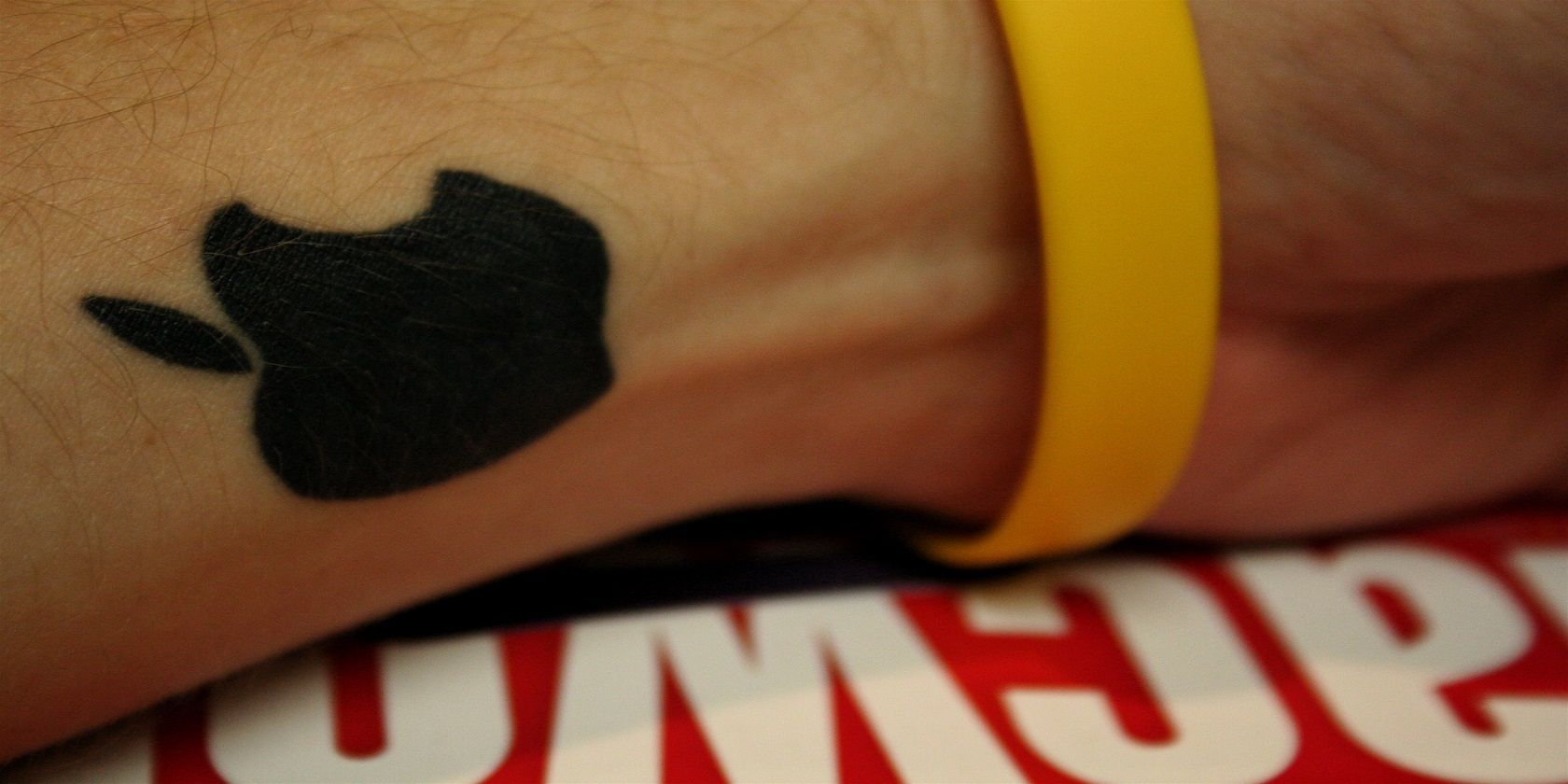There's a certain depiction of tech enthusiasts out there that doesn't always track to real life. When you write for tech publications, you meet a lot of tech enthusiasts and learn pretty quickly that not everything we're lead to believe about techies is necessarily true.
So, let's tackle a few of the big myths about technophiles.
1. All Techies Like All Technology
One of the most common misconceptions is that people who spend a lot of time working with technology like technology for the sake of technology.
Sure, there are people out there who live to find technically complex solutions to technically simple problems. However, a lot of people who really get behind a technology because it enables something else that they're passionate about, not because they like the technology itself.
In fact, many people who spend a lot of time working with technology are close enough to it to understand when it becomes obstructive or even dangerous. Perhaps nothing speaks better to this than the number of popular media representations we have of a future in which technology has led us astray.
2. All Techies Understand All Tech
Another common misconception about technophiles is that all of them know how to do everything tech-related. For example, in television and films, it's common for a techy to be the master of all things automated, but this is seldom the case in real life.
Expecting someone who likes one area of technology to be fluent in all technology is like expecting someone who watches films to like all films. Like some film fans might like romantic comedies and detest horror, some tech fans really enjoy virtual reality but don't care about blockchain.
This has to do with our first misconception. Someone who is really familiar with a technology is usually using that technology to do something else. They won't care about technologies that don't allow them to do that thing.
There are universal "technologists" who are interested in any and all technologies, but many tech users have their niche interest just like anyone else.
3. All Techies are Socially Awkward
The "techie" character in a television show is often depicted in two ways: as a loaner or as a member of a clique with other tech enthusiasts. Unfortunately, this is also predicated on the usually incorrect assumption that technology is the only interest that the tech user has.
This also may simply be an anachronistic depiction that we as a culture have chosen to hold onto. This is the way that techno-centric characters were commonly depicted in television in the '90s. Think characters like Urkel and Screech. Of course, this was at a time before all of us had computers in our homes, let alone in our pockets.
Still, this trope has carried on into modern and contemporary programs like The Big Bang Theory. Why? Because it's always been done that way.
A closely related myth is that tech enthusiasts are unpopular. This misconception may have a complicated origin.
The two big threads in the geek/nerd narrative (lacking social skills and liking science, technology, engineering, and mathematics) are both common to autism. Books and resources on autism commonly point this out, as does this poorly-aged article from WIRED, which, to be fair, cites Tony Atwood, who remains a leading expert on autism.
This isn't to say that the relationship is necessarily one-to-one. Not all technology enthusiasts are on the spectrum, and not everyone on the spectrum is a technology enthusiast. However, to some degree, these identities may have been accidentally conflated in many representations of both groups.
4. Techies Are Uncool (and How They Became Cooler)
The good news is that, as pointed out above, the things that made tech enthusiasts uncool became mainstream. Cultural crazes that used to be the realm of the geek suddenly became pop-culture giants enjoyed by everyone.
Not only did techie things become cool, but people also started realizing that techies themselves are cool. The Urkels and Screeches of the world stopped screwing up and started saving the day, even if they retained their less socially suave depictions.
In 2002, the inventor and super genius Wade helped save the world from a computer chair in Disney's "Kim Possible." In 2007, the same year that the iPod touch and iPhone launched, Zachary Levi began playing the title role in NBC's "Chuck." At the head of The Nerd Herd, the computer augmented IT guy regularly saved the world.
The trend is true for films as well. In 2001, "A Beautiful Mind" told the dramatized but mostly true story of mathematician John Nash, played by Russel Crowe. In 2014, Benedict Cumberbatch played real-life super-nerd Alan Turing in "The Imitation Game." That same year, Eddie Redmayne played Stephen Hawking in "The Theory of Everything."
In all of these shows and movies, it's the math, science, and technology figures either saving the world or at least helping us to understand it. Some of them perpetuate some of the stereotypes and misconceptions that this article has detailed. Still, the films, in particular, do so in a way that is nuanced, humanizing, and realistic.
After All, Who Isn't a Tech-Enthusiast These Days?
You may have some typical ideas about "techies." Some of them may be based on general truths, and some of them might not be.
The takeaway is that tech enthusiasts and experts aren't cut from a single cloth. Fortunately, the way that we as a culture represent and understand this group is changing for the better. After all, who of us can avoid being tech experts these days?
Image Credit: Terry Johnston / Flickr

